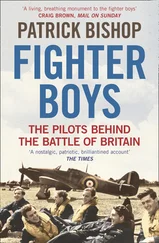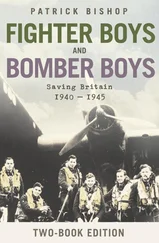BOMBER BOYS
FIGHTING BACK
1940–1945
PATRICK BISHOP
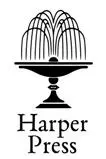
HarperPress
An Imprint of HarperCollinsPublishers
77–85 Fulham Palace Road,
Hammersmith, London W6 8JB
www.harpercollins.co.uk
Patrick Bishop asserts the moral right to be identified as the author of this work
A catalogue record for this book is available from the British Library
Plans of Halifax and Lancaster bombers © Copyright The National Archives.
Plans of Stirling, Mosquito and Wellington bombers
© Crown Copyright RAF Museum
Maps of Cologne and Berlin © Copyright Royal Geographical Society.
Maps of Bomber Command Stations, Targets in Europe, Germany,
and the Ruhr Valley by John Gilkes.
All rights reserved under International and Pan-American Copyright Conventions. By payment of the required fees, you have been granted the non-exclusive, nontransferable right to access and read the text of this e-book on-screen. No part of this text may be reproduced, transmitted, down-loaded, decompiled, reverse engineered, or stored in or introduced into any information storage and retrieval system, in any form or by any means, whether electronic or mechanical, now known or hereinafter invented, without the express written permission of HarperCollins e-books.
HarperCollins Publishers has made every reasonable effort to ensure that any picture content and written content in this ebook has been included or removed in accordance with the contractual and technological constraints in operation at the time of publication.
Source ISBN: 9780007189861
Ebook Edition © MARCH 2011 ISBN: 9780007280131
Version: 2014-09-17
Cover
Title Page
Copyright
Dedication
Maps
Prologue: Perkins
Introduction
1 Learning the Hard Way
2 Coventrated
3 ‘To Fly and Fight’
4 Crewing Up
5 Dying in the Dark
6 Enter ‘Butch’
7 The Feast of St Peter and St Paul
8 The Reasons Why
9 The Battle
10 A Select Gang of Blokes’
11 The Big City
12 The Chop
13 Crack Up
14 Home Front
15 Love in Uniform
16 D-Day Diversion
17 Tallboys and Tirpitz
18 Götterdämmerung
19 Forgetting
Epilogue: Went the day well?
Keep Reading
Notes
Bombers
Index
Acknowledgements
About the Publisher
To Peter, Margaret, Amelia
and Daniel
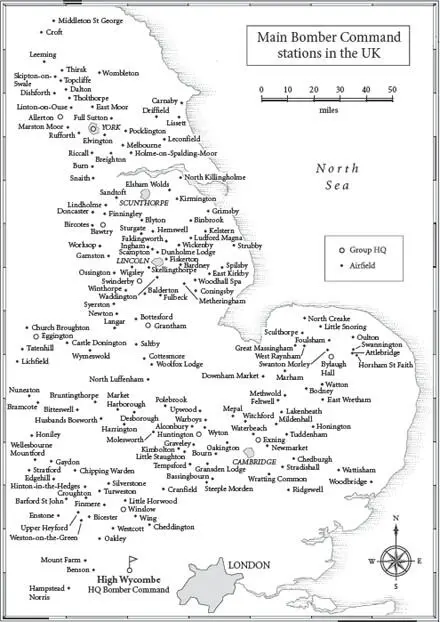
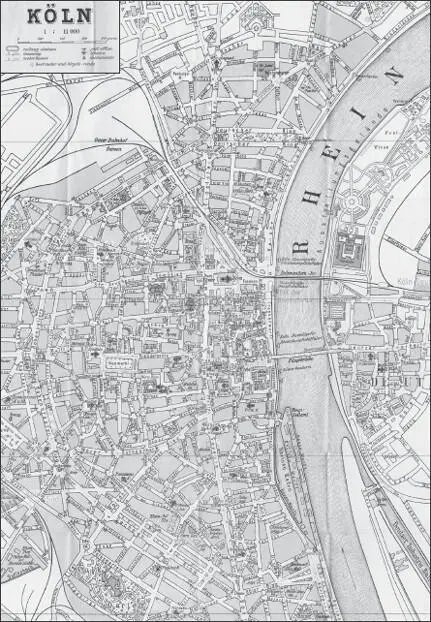
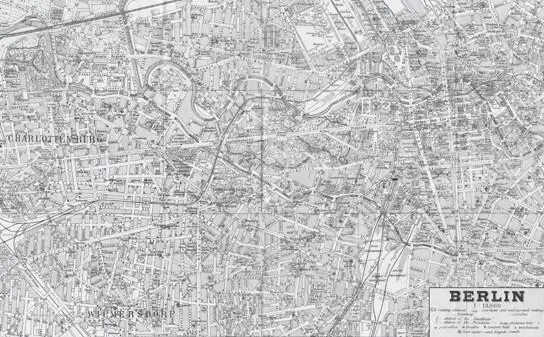
In the early summer of 1961, sophisticated Londoners were laughing at an entertainment brought to them by four young Oxbridge graduates. Beyond the Fringe had been a great hit at the Edinburgh Festival the previous year. Now, night after night, smiling audiences in the capital left the Fortune Theatre feeling they had witnessed something fresh, audacious and above all very funny. The excitement that comes with the anticipation of sudden and unpredictable change was in the May air. The old, hierarchical Britain personified by the prime minister, Harold Macmillan, appeared to be tottering to an end. The shape of the future was hard to make out but it surely belonged to the young, the daring and the irreverent. Alan Bennett, Peter Cook, Jonathan Miller and Dudley Moore were the incarnation of all that.
One of the sketches was called ‘Aftermyth of War’. It made fun of legends created during wartime and already planted deep in Britain’s consciousness. There was quite a list. It mocked Neville Chamberlain and his ‘piece of paper’, stoical working-class Londoners and the Blitz spirit and even the Battle of Britain. Then it was the turn of the men who flew in the aeroplanes that bombed Germany.
The sequence opens with Peter Cook, in the uniform of a senior RAF officer, entering to the sound of airmen singing heartily around a piano.
COOK:Perkins! (Jonathan Miller breaks away from the singing.) Sorry to drag you away from the fun, old boy. War’s not going very well, you know.
MILLER:Oh my God!
COOK:… war is a psychological thing, Perkins, rather like a game of football. You know how in a game of football ten men often play better than eleven?
MILLER:Yes, sir.
COOK:Perkins, we are asking you to be that one man. I want you to lay down your life, Perkins. We need a futile gesture at this stage. It will raise the whole tone of the war. Get up in a crate, Perkins, pop over to Bremen, take a shufti, don’t come back. Goodbye, Perkins. God, I wish I was going too.
MILLER:Goodbye, sir – or is it – au revoir?
COOK: No , Perkins.
The last lines got one of the biggest laughs of the night. In the stalls, sitting with his wife Margery Baker, Tony Iveson tried to laugh along with the rest. They both worked in the new world of television and were part of the emerging Britain. But not very long before he had been Squadron Leader Tony Iveson DFC of 617 Squadron, and at the front of the bombing war. ‘I didn’t like it,’ he said forty-four years later. ‘I remember being upset. I probably wouldn’t be now but at the time it seemed unnecessary, in view of how many we lost.’ 1
Of the 125,000 airmen who passed through Bomber Command during the war, about 55,000 were killed. Twenty-one of them were called Perkins. The first to die was Flying Officer Reginald Perkins of 54 Squadron who was killed on the night of 14/15 November 1940. He was the pilot of a Hampden which took off from Waddington in Lincolnshire to bomb Berlin. Little is known about his death or those of his three crew mates. Their aircraft is ‘believed to have exploded in the air and crashed on the outskirts of Berlin’. 2The last to die was Flying Officer Robert Perkins of 49 Squadron, the pilot of a Lancaster who was killed with the rest of his crew while bombing the Lutzkendorf oil refinery on the night of 8/9 April 1945, a month before the end of the war in Europe. 3Nothing at all is known about how they were lost.
As far as I am aware, no Perkins died bombing Bremen, but one might well have done. From 18 May 1940 until the end of the Second World War it was attacked some seventy times. As a result, about 575 aircrew were killed. So too were 3,562 residents. 4It is this aspect of Bomber Command’s war, the death of German civilians, that has preoccupied historians in the years since the Beyond the Fringe sketch. All the myths that were the butt of its jokes have since been re-examined and turned out to be remarkably resilient. It is Bomber Command’s reputation that has suffered the most. Re-evaluations have found the crews’ efforts to be at best misdirected and at worst little better than war crimes.
This last accusation is false and insults truth and justice. Bomber Command, as I have said, attacked Bremen frequently. The first bombs killed thirteen people. They also burned down two warehouses full of furniture confiscated from Jews who had understood what fate awaited them in Germany and fled. Bombers were busy over the city on the night of 17/18 January 1942. Only eight of the eighty-three aircraft dispatched found the target and little damage appears to have been done. The Nazi newspapers in the days following denounced the raiders as ‘terror fliers’. As they did so, sixteen Nazi bureaucrats met on 20 January in a villa at Wannsee outside Berlin to co-ordinate the extermination of the entire Jewish population of Europe.
Читать дальше





